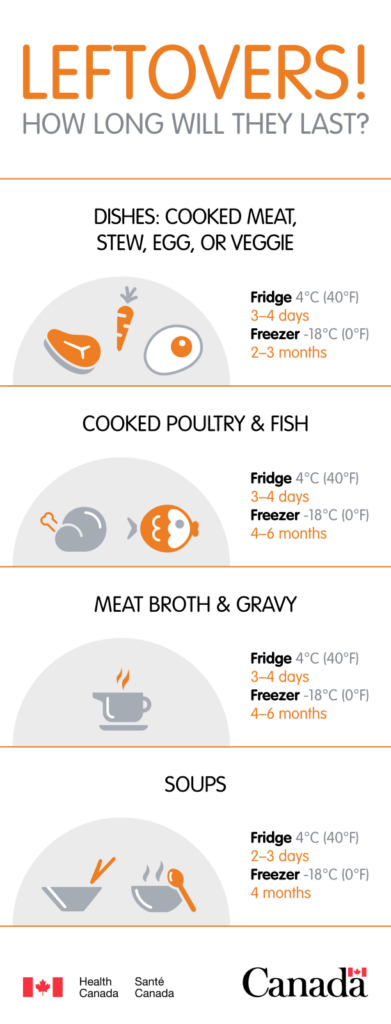Food waste is a widespread concern that not only impacts our finances but also has far-reaching environmental consequences. The good news is that most food waste is avoidable. Here are four ways to cut down on food waste in your own life (and enjoy the corresponding benefit to your bank account!)
Plan Ahead
Planning your meals is a powerful strategy to combat food waste. Often, we buy groceries without a clear idea of how we’ll use them, leading to items going unused and eventually being discarded. Fortunately, there are tools and resources available to help. Retailers like Walmart and office supply stores like Staples offer planners that outline your weekly meals. You can also explore online platforms like Canva, which have customizable meal-planning templates. These tools allow you to visualize your weekly meals, ensuring you only buy what you need and reducing both food waste and unnecessary spending.

Store Food Correctly
Proper storage is key to extending the life of your groceries and minimizing waste. As soon as you return from the store, take a moment to organize your refrigerator and freezer. Store perishable items like dairy, meat, and vegetables in their designated areas and at the right temperature. To prevent spoilage, make sure to prep your fruits and vegetables promptly, properly disposing of any items that are starting to go bad. Consult a safe food storage guide to learn how to maximize the shelf life of various products. Proper storage not only saves you money but also reduces the need for frequent grocery trips.
Compost
Even with careful planning and storage, some food waste is inevitable. However, you can still make a positive impact by composting. Setting up a compost bin in your backyard or using a designated green bin in your area allows you to divert organic waste from landfills. Composting turns food scraps into nutrient-rich soil, which can be used to enrich your garden or donated to local community gardens. By composting, you give back to the environment and reduce the overall volume of waste in landfills. At Miller Waste Compost, we are active members of the Compost Quality Alliance, established by the Compost Council of Canada, to ensure standardized testing and methodologies to improve customer satisfaction in compost selection. We offer a wide range of retail products, including compost mulch and soil, which can be dropped off directly to your door. Visit our website to learn how Miller Compost can help you and your composing needs.

Enjoy Leftovers
Leftovers often get a bad rep, but they can be a delicious and efficient way to reduce food waste. Instead of letting excess food go to waste, store it in airtight containers and enjoy it the next day. The Government of Canada provides a comprehensive leftover guide that outlines how to properly store and reheat leftovers. It’s important to note that leftovers should be consumed within two to three days, depending on the dish. Check out how long your leftovers are good for with the helpful infographic below.

Source: https://www.canada.ca/en/health-canada/services/general-food-safety-tips/food-safety-tips-leftovers.html
Reducing food waste doesn’t require drastic changes to your lifestyle; it’s about adopting simple habits that benefit both your wallet and the environment. By planning ahead, storing food correctly, composting, and embracing leftovers, you can make a meaningful contribution to the fight against food waste. These small steps add up to a significant reduction in the amount of food that ends up in the trash, ultimately leading to a more sustainable and responsible approach to food consumption. Start implementing these strategies today, and you’ll be on your way to a more waste-conscious and eco-friendly kitchen.
